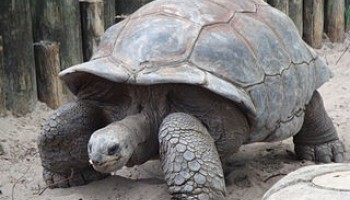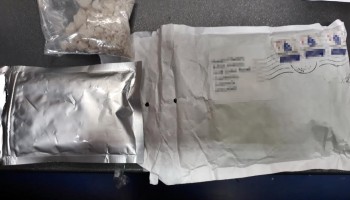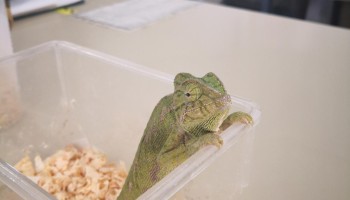The Convention on International Trade in Endangered Species (CITES) banned ivory trading in 1989. Togo did not ban ivory trading until 2008, however. N'Bouke told The Associated Press Thursday that he had begun trading ivory six years before the CITES ban and continued legally after it went into force. "I've got my permission, my special permit," he said to reporters.
Togolese Environment Minister Dede Ekoue denied N’Bouke had permits.
N'Bouke, a former UN consultant on ivory trafficking loopholes, also claimed that he had been helping Togolese authorities identify "the real ivory traffickers," and that all illegal ivory traffickers in Togo are from Guinea.
Ekoue vowed that Togo would crack down more aggressively on ivory trafficking. Illegal ivory trading has increased in recent years with most exports believed to originate in West Africa. Togo, where only 60 elephants are protected in parks, is reported to be a transit port for ivory trafficking with N'Bouke believed to be a "kingpin" in the capital Lome, according to the BCC.
Recent successes against ivory trafficking include a major seizure of parts from endangered animals in Hong Kong on Tuesday.
N'Bouke told reporters that his main clients were in China.





